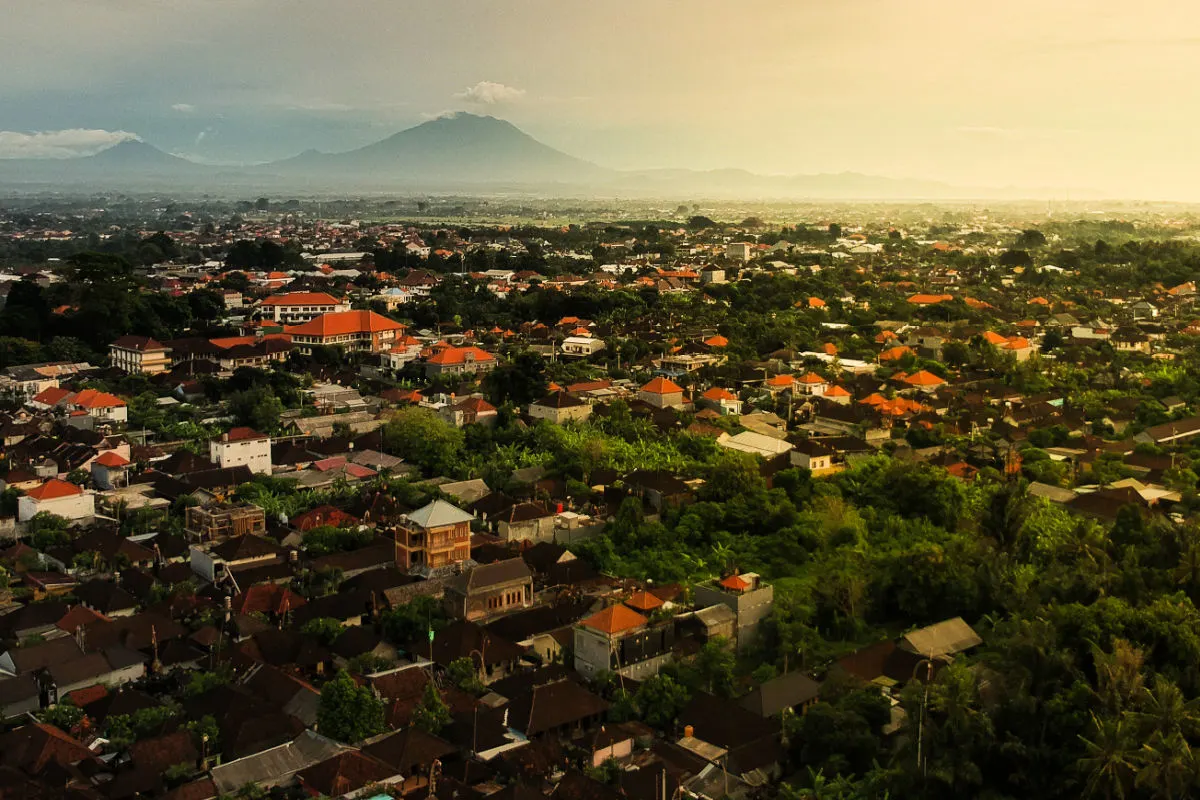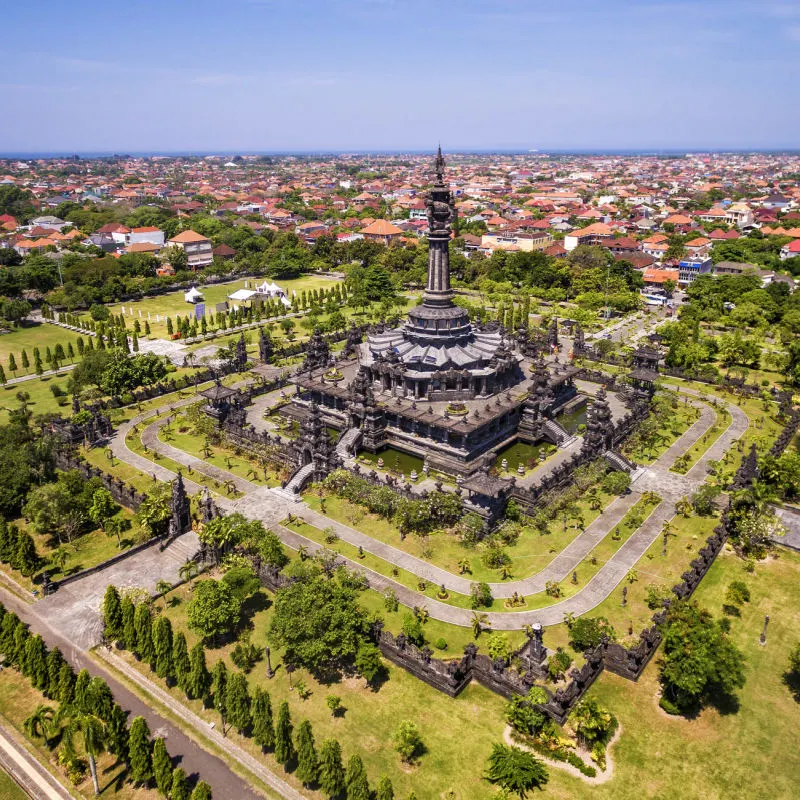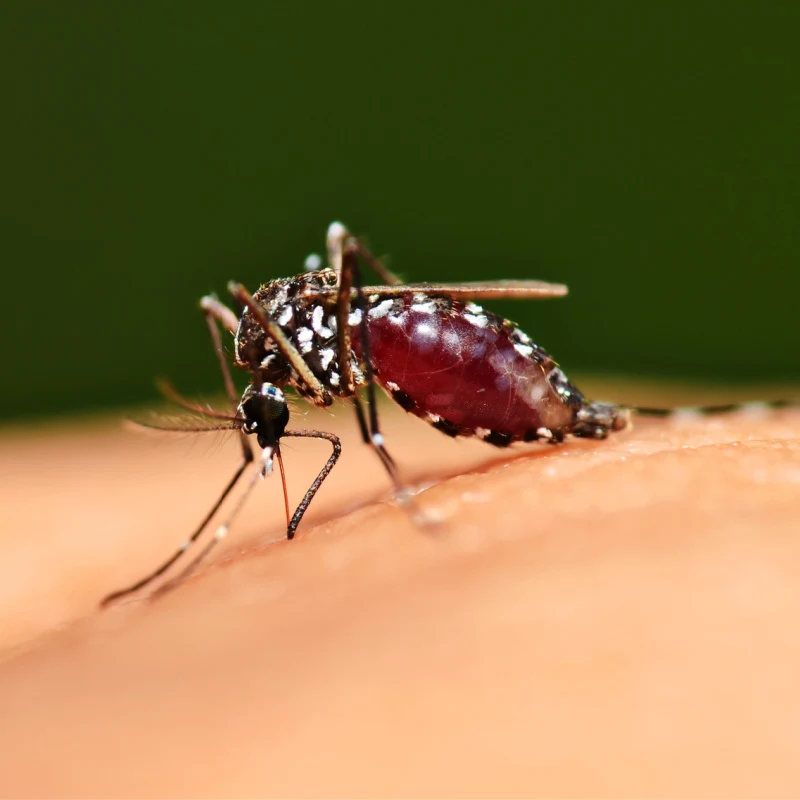Top health officials in Bali confirmed on Monday 13th November that the planned release of Wolbachia mosquitoes has not only been canceled for today but postponed indefinitely.
The initiative, run by the World Mosquito Program, has been in operation in Indonesia since 2012.

Speaking to the media on Monday, the Head of Disease Prevention and Control for Denpasar, Dr. Anak Agung Ngurah Gede Dharmayuda, confirmed that the mass release of mosquitoes has been canceled. He stated clearly “it’s been canceled [today], and postponed indefinitely.”
He told reporters that the Disease Prevention and Control Office received a letter from the international NGO Save the Children which has influenced the decision, though he did not divulge details of the communication.
The World Mosquito Program has yet to issue a public statement regarding the cancellation of the release.
On its website, the organization states that although the process has been independently risk assessed by three different regulatory bodies, they do not proceed with releasing mosquitoes without backing from communities.
The organization’s website states “The World Mosquito Program has received regulatory approval from relevant government bodies in all the countries where we are releasing Wolbachia mosquitoes. In addition, we don’t release Wolbachia mosquitoes without community support.”
This now-canceled mass release of mosquitoes in Bali was far from the first of its kind. The World Mosquito Program has been operating in Denpasar and Buleleng Regency for years and the operation in Bali is run in partnership with the provincial government and the Australian government.
The World Mosquito Program operates in both Bali and Yogyakarta. Data from 2020 showed that Bali province had the highest amount of dengue fever cases in the country, with 270 infections per 100,000 people.
Dr Dharmayuda explained, “The time period to see the development of the Wolbachia mosquito is 5 years, in Klaten, Yogyakarta, over five years we can reduce dengue fever by up to 77 percent.”
Speaking separately the Mayor of Denpasar, IGN Jaya Negara, said although the release is postponed indefinitely, conversations will remain underway.
Mayor Negara said, “We haven’t implemented it [because] we haven’t received a letter of recommendation from the Ministry of Health.”
He added, “Later it will be carried out if there is a recommendation and it will be carried out by the Ministry of Health.”

This mass release of Wolbachia mosquitoes sparked controversy amongst Bali lovers.
While many were in support of the program, especially since much of the World Mosquito Program’s work in communities in Bali focuses on awareness and education, others shared fears that the mosquitos could risk spreading other diseases not eliminated by the Wolbachia bacteria in the released mosquitoes.
The mass release of Wolbachia mosquitoes by the World Mosquito Program has been happening in over eleven countries for over a decade.
The process involves injecting Wolbachia bacteria into Aedes aegypti mosquitoes. This species of mosquito is found in Asia and Africa and is the primary transmitter of diseases of dengue, Zika, chikungunya, and yellow fever in humans.

Teams at the World Mosquito Program devised technology to inject Wolbachia bacteria into Aedes aegypti mosquitos. The bacteria which is found naturally in over 50% of all insect species but does not naturally occur in Aedes aegypti mosquitos.
The bacteria compete for resources within their host and outcompete viruses like dengue, Zika, and yellow fever.
According to the World Health Organisation, nearly half the world’s population is at risk of contracting dengue fever.
Data shows there are between 100-400 million infections every year. The majority of dengue fever cases are asymptomatic or mild. However, the virus can manifest more severely and even result in death.

Most people who contract asymptomatic or mild dengue will make a full recovery within 1-2 weeks. Tell-tale symptoms include a high fever, severe headache, a rash, swollen glands, and muscle pains.
Remove All Ads & Unlock All Articles… Sign up for The Bali Sun Premium

Plan Your Bali Holiday:
Book The Best English Speaking Drivers For Airport Transfers & Tours
Choose From Thousands of Bali Hotels, Resorts, and Hostels with Free Cancellation On Most Properties
Book Cheap Flights To Bali
Don’t Forget Travel Insurance That Covers Medical Expenses In Bali
For the latest Bali News & Debate Join our Facebook Community
SUBSCRIBE TO NEW POSTS
Enter your email address to subscribe to The Bali Sun’s latest breaking news, straight to your inbox.
Discover more from The Bali Sun
Subscribe to get the latest posts sent to your email.
